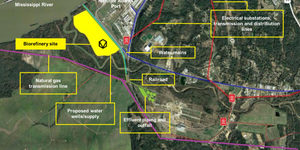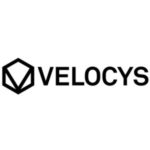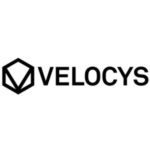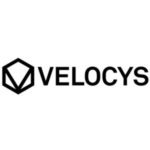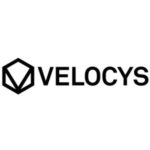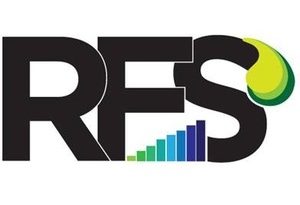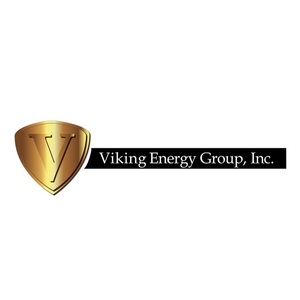Velocys announces SAF offtake agreements with Southwest, IAG
Energy Disrupter
ADVERTISEMENT
Velocys plc on Nov. 10 announced two separate off-take agreements with Southwest Airlines Co. and International Consolidated Airlines Group S.A. (IAG) for sustainable aviation fuel (SAF) to be produced at the company’s proposed 35 MMgy Bayou Fuels biorefinery in Natchez, Mississippi.
The agreement with Southwest is for an expected 219 million gallons of SAF at a fixed price over a 15-year term beginning as early as 2026, when the biorefinery is scheduled to begin commercial delivery of fuel. Velocys said the offtake agreement with Southwest covers two-thirds of the planned output of the Bayou Fuels facility.
As part of the offtake agreement, Velocys and Southwest have established a long-term strategic relationship, potentially advancing future Velocys SAF-producing facilities and allowing Southwest first offer rights to purchase significant volumes of SAF from such facilities.
“Today’s announcement is a major milestone for the Bayou Fuels reference project and further strengthens our conviction in the important role sustainable fuel will play in the future of the aviation industry,” said Henrik Wareborn, CEO of Velocys.
“It is very encouraging to see Southwest make such a strong commitment to using fossil free fuel as part of its environmental sustainability plan and to see Velocys technology performing a central role in making this possible,” Wareborn added.
Southwest noted that the 219 million gallons of SAF, once blended with conventional fuel, could produce the equivalent of 575 million gallons of net-zero fuel and avoid 6.5 million metric tons of carbon dioxide over the term of the agreement.
“This agreement is a major advancement in our environmental sustainability strategy, furthering our goal to replace 10 percent of our total jet fuel consumption with sustainable aviation fuel by 2030,” said Michael AuBuchon, senior director fuel supply chain management at Southwest Airlines. “This new strategic relationship with Velocys could ultimately provide Southwest access to additional significant quantities of sustainable aviation fuel.”
Velocys also announced it has entered into a memorandum of understanding (MOU) with IAG for the offtake of SAF. The MOU covers the purchase by IAG’s constituent airlines of an expected 73 million gallons of SAF, in aggregate, at a fixed price. British Airways, Aer Lingus and Iberia are among IAG’s constituent airlines.
According to Velcoys, the blending of that 73 million gallons of SAF will produce the equivalent of 192 million gallons of net-zero SAF during the term of the purchase contract, which will last for 10 years starting in 2026. The MOU represents one-third of the planned annual output of the Bayou Fuels facility. The parties intend to convert the non-binding MOU into a definitive offtake agreement within the next six months. The MOU also includes an option for IAG to invest in the project development phases.
“We are delighted that IAG, our partner for many years through our work with British Airways, intend to purchase a large volume of SAF from the Bayou Fuels project,” Wareborn said. “This long-dated offtake, encompassing support for environmental credits, will provide certainty of revenue for the Project which should enable construction capital financing. We have now secured long term offtake clients for 100 percent of the expected SAF production and associated environmental credits for the Bayou Fuels facility.
“Velocys’ focus is now on accelerating technology delivery with our partners to allow client facilities, including Bayou Fuels, to reach Final Investment Decision and then go into construction,” Wareborn added. “Our capital-light, technology-licensing model will enable many more aviation clients to transition to Sustainable Aviation Fuel as required by the race to Net Zero.”
“IAG is investing US$400 million in the development of sustainable aviation fuel in the next 20 years,” said Luis Gallego, chief executive of IAG. “This new agreement is another important step towards achieving our goal of 10 per cent sustainable aviation fuel use by 2030.
“Sustainable aviation fuel is a critical element for the decarbonization of the aviation industry,” Gallego added. “Clear policy support is needed to attract investment to construct the necessary plants to deliver enough supply for the airline industry. This project has benefitted from strong policy support from the U.S., creating highly valued green jobs and economic growth. We would encourage the U.K. and the EU to follow suit in supporting the development and deployment of green technologies including carbon capture.”

